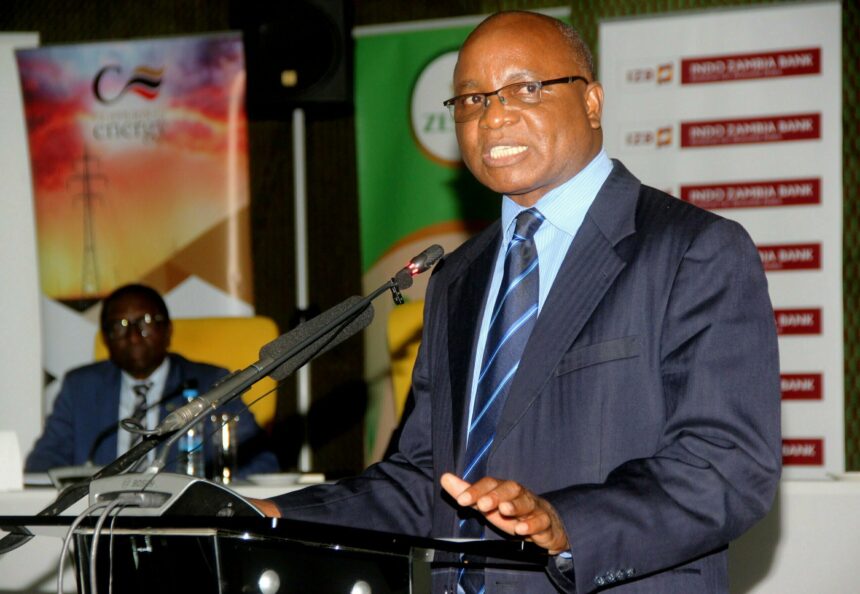Lusaka – Secretary to the Treasury, Felix Nkulukusa, recently disclosed startling revelations during a Public Accounts Committee session, including the fact that Toyota Zambia is owed over K100 million for servicing government vehicles. Nkulukusa highlighted that despite issuing promissory notes for payment, certain government officers had failed to fulfill their financial obligations, creating a significant backlog of unpaid debts.
“This outstanding debt is a result of several promissory notes issued by various officers, but unfortunately, payments were never made, and the amount owed has now accumulated to more than K100 million,” Nkulukusa explained. This disclosure sheds light on troubling financial practices within government departments that have left key service providers like Toyota Zambia facing financial strain.
In addition to the issue of unpaid debts, Nkulukusa revealed a concerning incident involving one officer who fraudulently claimed allowances for a provincial project tour while actually being in China. This unethical behavior, he noted, further underscores the need for tighter controls and accountability within government operations.
The Public Accounts Committee meeting also touched upon a critical issue in the management of government assets. Nkulukusa addressed the failure of several Ministries, Provinces, and Agencies (MPAs) to insure government property, particularly vehicles, which left critical assets exposed to potential risks. This issue, flagged in the Auditor General’s report, has raised concerns about the overall security of government-owned property.
“There was an issue of failure to insure government assets. A number of MPAs failed to insure government property, leaving critical property exposed to potential risk. We’ve had this challenge, and it remains a significant issue,” Nkulukusa stated, adding that such negligence could result in severe financial consequences in the event of accidents, theft, or damage to government assets.
To address these persistent challenges, Nkulukusa emphasized that officers responsible for the failure to insure government vehicles would face disciplinary action. He underscored that the government could no longer afford to overlook such lapses in governance, as they undermine public trust and jeopardize the efficient use of taxpayer money.
The revelations by Nkulukusa have raised serious concerns about transparency, accountability, and the management of public funds within government ministries and agencies. The ongoing issues with unpaid debts, fraud, and inadequate asset insurance highlight the need for stronger oversight and stricter enforcement of regulations to prevent further mismanagement.
As the government grapples with these issues, the public’s confidence in the effective stewardship of public resources is on the line. The Treasury Secretary’s commitment to holding officers accountable for their actions is a crucial step toward addressing these systemic weaknesses and restoring integrity to the management of government finances and assets.






